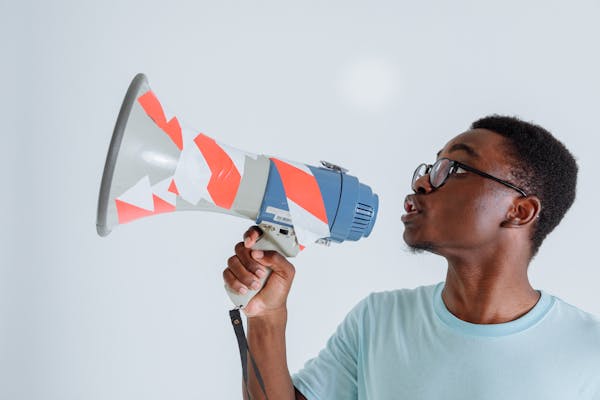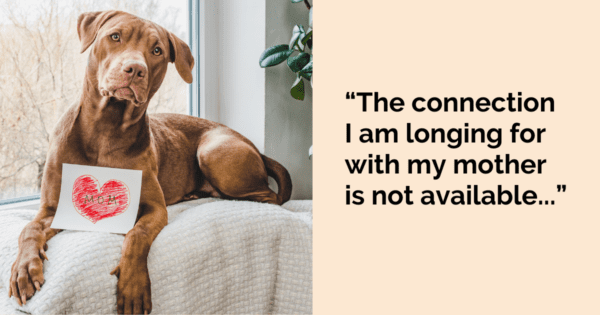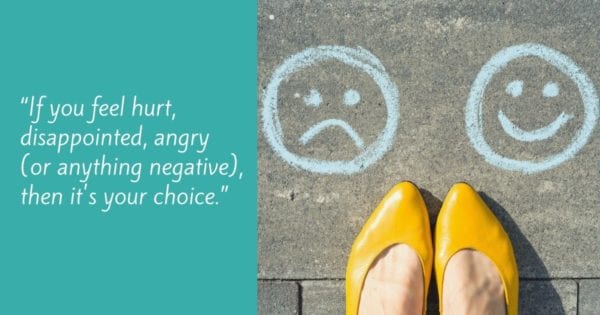“I spend so much time thinking about bicycles because…I like bicycles!”
In last week’s Tip, Simon asked, “Why do parts obsess about things/people?”
After my answer, Simon wrote again:
Thanks very much for answering my question about obsession. Some further Focusing revealed that the reason I am spending so much time thinking about bicycles is because…I like bicycles! But there are some parts that are saying I shouldn’t be thinking about bicycles, I should be spending my time on something more constructive (and profitable…), which work to oppress the “likes bicycles” part and keeps it stuck thinking about the same things all the time. Very interesting, I can feel some movement on this issue already.
Dear Simon,
Ah, yes! There is another part of you worried about how much time you are spending thinking about bicycles. And that is undoubtedly the part that brought in the word “obsession.” We can feel how that happens: a worried part (the type of part that Barbara McGavin and I call a Protector) tries to label and categorize our thoughts and actions as a way to influence our behavior.
When a part of me is worried about how much time I am spending on leisure activities, it can call me “lazy,” “selfish,” or “unproductive.” And when a part of me is worried about how many long hours I am spending at work, it can call me “workaholic” or “obsessed.” It does no good to dwell on those labels, to try to figure out whether they are true, or by what definition (how many hours it takes) one becomes “lazy” or “workaholic.”
So if we aren’t trying to find out if the labels are true, how do we work with this pattern? By turning toward the part that is doing the labeling and finding out what it is so worried about.
“I’m inviting it to let me know what it’s worried will happen if I keep on [working so little/working so much].” Invite, sense, and wait…what comes may surprise you. It may let you know it is worried you will not meet your own goals, not live a full life, not enjoy the time you have.
Let it know you hear it…and keep listening! We’re way beyond labels now.







